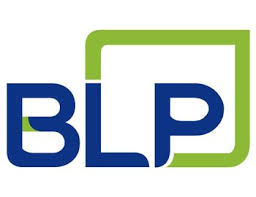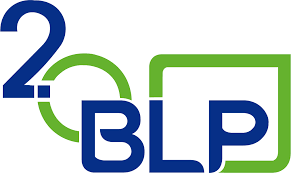
Currently before the Legislative Assembly, under file 22,364, is a draft reform to the General Customs Law, whose objective, according to the Ministry of Finance, is to strengthen customs control, fight against smuggling, facilitate trade and improve revenue collection.
Analyzing the text of the proposal, which is important for companies in the logistics chain to know and understand, reveals a series of reforms to existing articles, the creation of new customs legal entities, and the repeal of certain regulations. This article is to help determine the impact, both positive and negative, that reform may have on your business and eventual actions to take in response.
Main proposals
– Deferred payment of the Customs Tax Obligation: Under discussion is the possibility that importers pay taxes on imported goods within one month from the date of acceptance of the Unique Customs Declaration (DUA) without incurring interest.
To qualify for such deferral, the importer must annually render a global guarantee on 20% of the total amount of the customs tax obligations of the goods imported in the previous year. The deferred payment only pertains to Import Tariff, Selective Consumption Tax, Law 6946, and the Value Added Tax, while any other applicable taxes must be paid at the time of importation.
This provision is designed to enable companies to increase cash flow by foregoing immediate payment of customs duty at the time of importation.
– Payment in installments in regularization processes: A similar proposal is to allow importers to pay the difference in taxes and interest determined in a regularization procedure, in installments, and not in full within 5 business days after the procedure is held.
The installment payment makes it easier for companies to meet their obligations from the regularization stage and avail themselves of an early payment arrangement without accruing interest on the principal, which is especially important in cases where the amounts are so high that payment of the entirety is impossible for the importer to meet without suffering great economic hardship.
– No tax collection or imposition of penalties for tax calculation errors equal to or less than $ 100: The Customs Administration supports the lifting of sanctions on DUA miscalculations that result in tax underpayment equal to or less than one hundred Central American pesos (equivalent to $100), nor will an overpayment of less than such amount be refunded, or sanctions imposed.
This would be an improvement for importers, since currently, under article 236 subsection 25, any DUA error or omission whether or not there is fiscal damage carries a fine of $500, a disproportionate sanction since format errors often result in no difference in taxes due.
– Use of non-intrusive inspection equipment: One of the most controversial proposals is the imposition of an obligation for the Customs Public Function Assistants (AFPA) to acquire and use non-intrusive inspection equipment and other high-cost technology. In response to objections from the private sector, the Customs Administration amended the proposal and established that the use of merchandise scanners, an expensive proposition, is not mandatory.
-Modifications to sanctions: At the sanctioning level, reforms are proposed on the crime of smuggling, including an increase in fines, business closure, and suspension of the Public Function Auxiliary Customs for recidivism, elimination of punishable behaviors, and an increase in thresholds for configuration of administrative offenses, among others.
Since the proposed reform to the General Customs Law greatly impacts company operations, it is essential that all participants in the logistics chain are attentive to the specific regulations under discussion, plan to comply with the new rules, avoid breaches and penalties imposed by reform, and take advantage of any benefits that may eventuate.


